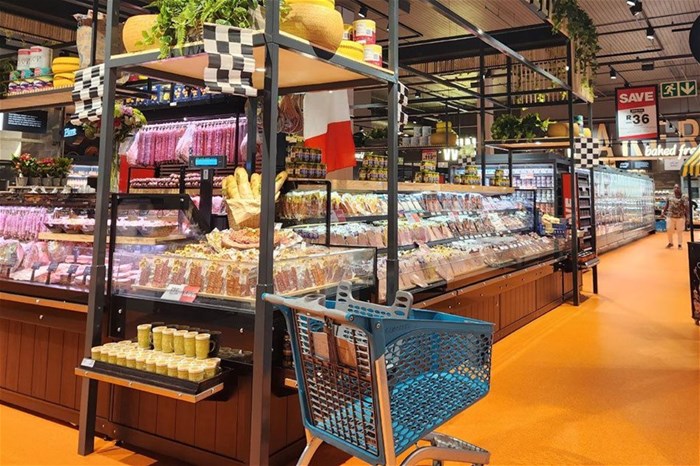
Image supplied
Did you know that Checkers does R27bn more turnover than Woolworths Food – a gap that is increasing as the two compete for the disposable income of upper-middle class shoppers? Or that Boxer provided the Pick n Pay Group with 31% of its turnover last year, growing +21% to R31bn - three times more than Shoprite’s Usave brand.
Such numbers, that enliven dinner table conversations and PowerPoint presentations alike, are to be found in the annual Corporate Retail Comparative Report from retail research business Trade Intelligence.
The report also reveals that combined FY2023 turnover across the six corporate grocery retailers – Shoprite, Pick n Pay, Woolworths, Spar, Clicks, and Dis-Chem – grew +11.1% to R631bn in 2023, supported by an inflationary environment that pushed up prices in the context of a national electricity crisis and deteriorating consumer sentiment.
The current report provides a snapshot of an industry in transition, and trading under some of the most challenging economic and social conditions in the world.
“I can hardly remember a time when I did not start the foreword to the Trade Intelligence Corporate Retail Comparative Report without some mention of a ‘tough trading environment’ – but it is what it is, and trading remains tough,” says senior analyst and report lead, Carey Leighton.
Strong leadership
As 2024 gathers pace, one of the themes that is emerging from among the big retailers is the importance and the potential of strong leadership.
Woolworths, for example, is enjoying a turnaround as Roy Bagattini settles into his role at the helm, reversing some of the decisions of the previous team.
Spar, having had a disastrous year in 2023 largely as a result of poor decision making, is also showing signs of recovery under the new team.
Pick n Pay has taken the bold decision to bring its most successful CEO ever back into the fold in an attempt to win back its declining market share, while Clicks continues to show what might be achieved by a retail business with the confidence and common sense to put a woman – Bertina Engelbrecht – in charge.
Also with a new CEO, Dis-Chem has been busying itself with various acquisitions in the retail pharmacy space, a move that is paying off in increased market share. And Shoprite demonstrates on a daily basis the value of a strong succession plan and a good CEO surrounded by an equally talented team.
The report is based on a solid foundation of data that underpins insights like these. It compares in a user-friendly format such indicators as turnover, profit, and store openings and closings.
Inevitably, it examines the effect of load shedding on each retailer and details the investments of each in mitigating its impacts. It also breaks down the performance of businesses by division – critical at a time when FMCG retailers are expanding into such categories as Pet, Baby, and in the case of Checkers, Outdoor, in response to the entrenched and ongoing consolidation of the sector in an ever-more constrained spending environment.
Of particular interest is online, omnichannel, and delivery, where each of the major retailers has made a concerted drive in the last few years, and where online turnover growth ranges from +28 to +82% for the food retailers in FY2023.
“The saturated market drives trading brands to fiercely compete for market share,” notes Carey Leighton. “Retailers have been juggling balancing gross margin while investing in price to gain and/or retain market share in the competitive, inflationary FMCG market today, where loyalty is little more than a collection of cards in your wallet.”
Investments are not limited to price competition alone. As the report also reveals, CAPEX guidance for FY2024 totals a massive R19 billion across the six retailers – indicating that they’re all here to stay for the long term.
To find out more about the Trade Intelligence Corporate Retail Comparative Report, see here.






























